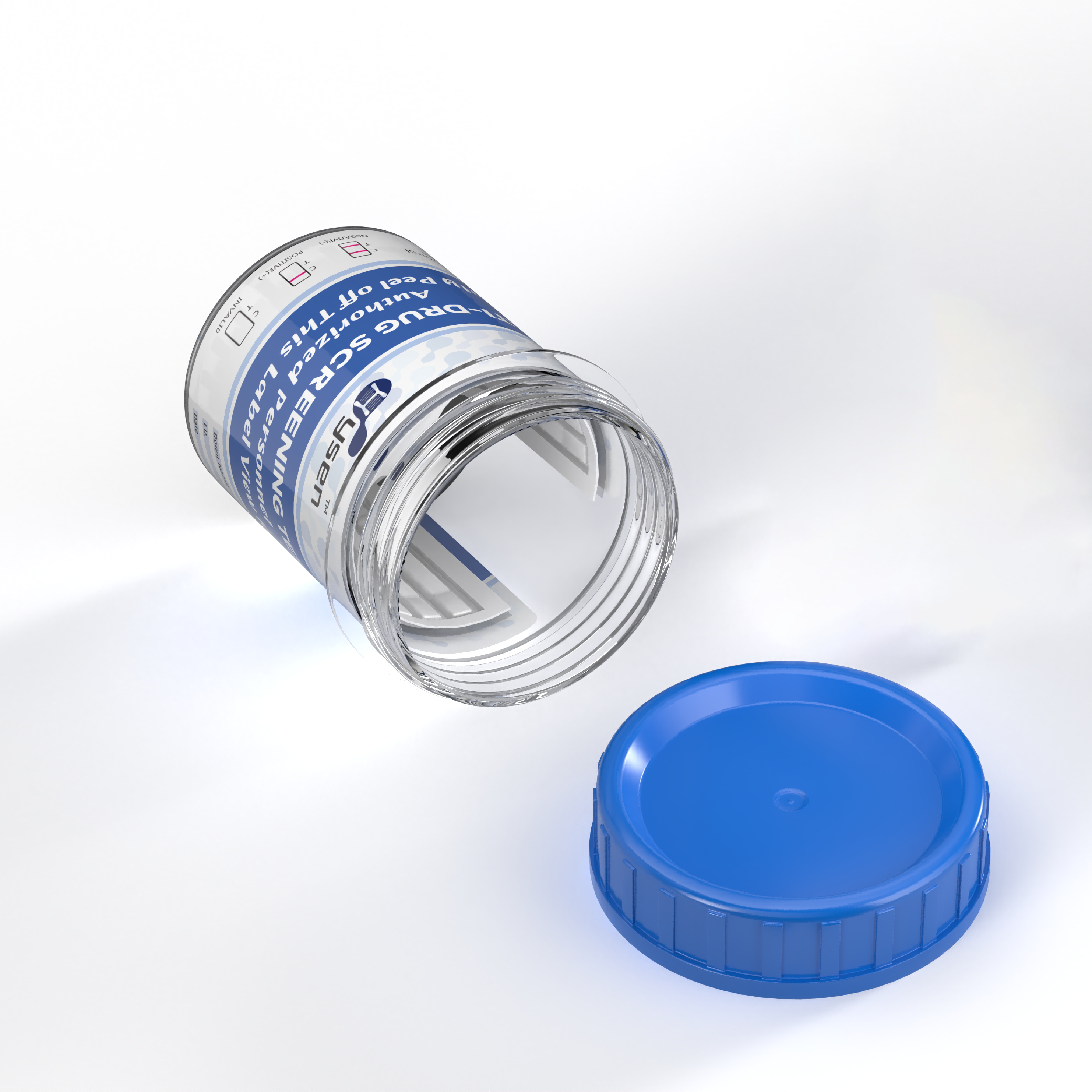Understanding CLIA Waived Tests
The Clinical Laboratory Improvement Amendments (CLIA) of 1988 have set the benchmark for laboratory testing in the United States. CLIA waived tests are a subset of laboratory examinations deemed simple and low-risk. Despite their simplicity, these tests are not entirely foolproof; errors can occur if the protocols are not followed with precision. Understanding the regulatory framework is crucial for ensuring the accurate administration of these tests.
Regulatory Background on CLIA
CLIA regulates all laboratory testing on human specimens across the United States to ensure high standards of accuracy and reliability. Waived tests, which are considered simple and involve minimal risk, are still under CLIA oversight. Facilities performing these tests must obtain a CLIA certificate, ensuring compliance with federal standards. The regulatory framework includes various certificate types based on test complexity, emphasizing the role of proper administration in maintaining safety and accuracy.
Characteristics of CLIA-Waived Tests
Waived tests are categorized for their minimal complexity and low risk for incorrect results. Examples include glucose monitoring and pregnancy tests. The Food and Drug Administration (FDA) assesses and designates these tests based on specific criteria. Despite their simplicity, these tests can impact crucial health decisions, necessitating stringent adherence to guidelines established by test manufacturers and suppliers.
Training Requirements for Waived Tests
The role of training in administering CLIA-waived tests cannot be overstated. Although these tests are designed to be straightforward, personnel may still encounter challenges without proper guidance. Training ensures that tests are executed in accordance with the manufacturer's instructions, minimizing the risk of errors that could compromise patient health.
Errors in Waived Testing
Errors in waived testing can arise from various factors, including improper handling or misinterpretation of results. Inaccuracies can have significant consequences, especially when test results inform critical medical decisions, such as medication adjustments. Proper training in using the test kits provided by manufacturers and suppliers is essential to mitigate these risks.
Role of Training and Education
Training programs tailored for CLIA-waived tests emphasize the importance of adhering to operational protocols. Educational resources, including booklets and online courses, are available to reinforce best practices. These programs are critical for non-laboratory personnel who perform testing in diverse settings like clinics and pharmacies, where errors could impact patient outcomes.
Quality Assurance in Waived Testing
Quality assurance is a vital component of the CLIA certification process. It involves systematic monitoring and evaluation of the testing process to ensure consistent reliability of test results. Facilities must establish quality control procedures, including periodic proficiency testing and equipment maintenance, as recommended by manufacturers and suppliers.
Obtaining a CLIA Certificate
To legally perform CLIA-waived tests, facilities must procure a CLIA certificate. The application process requires submission to a state agency, with additional state-specific requirements potentially applicable. This certification serves as a commitment to adhere to high standards of laboratory practice, minimizing the risk of inaccuracies in patient testing.
State-Specific Requirements and Exemptions
While the CLIA provides a federal standard, states may impose additional requirements for laboratory testing. Certain states operate their own regulatory programs, which may necessitate additional certifications or licensure for laboratory personnel. Understanding these requirements is essential for facilities striving to maintain compliance and uphold quality assurance standards.
Resources and Support for Waived Testing
Numerous resources are available to support facilities in maintaining high-quality waived testing processes. Organizations like the CDC provide training and technical assistance, while manufacturers and suppliers offer educational materials to guide proper test administration. These resources collectively enhance the competency of personnel involved in waived testing, ensuring optimal patient care.
Hysen Provide Solutions
Hysen offers comprehensive solutions to enhance the competency and accuracy of CLIA-waived testing in various healthcare settings. Our suite of services includes specialized training programs, quality assurance protocols, and access to state-of-the-art testing equipment from leading manufacturers and suppliers. By partnering with us, healthcare facilities can improve testing accuracy, mitigate risks, and ensure compliance with federal and state regulations. Trust Hysen to be your partner in delivering reliable, high-quality patient care.
User hot search: CLIA Waived IVD
Post time: Sep-11-2025
















